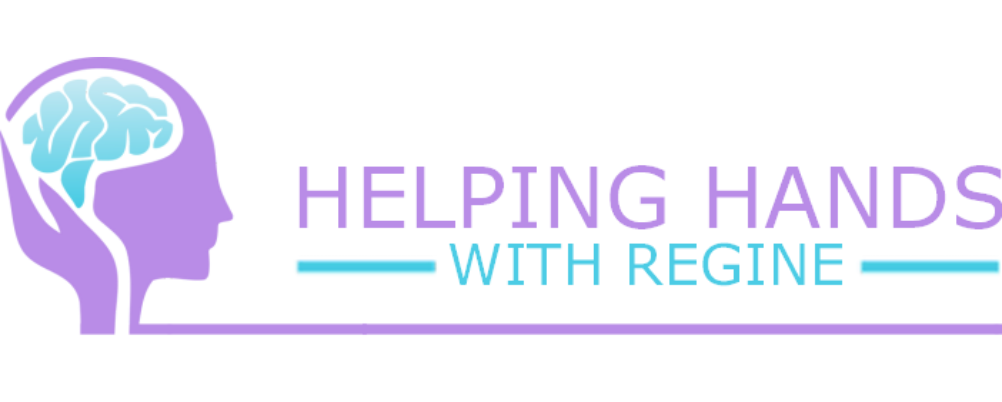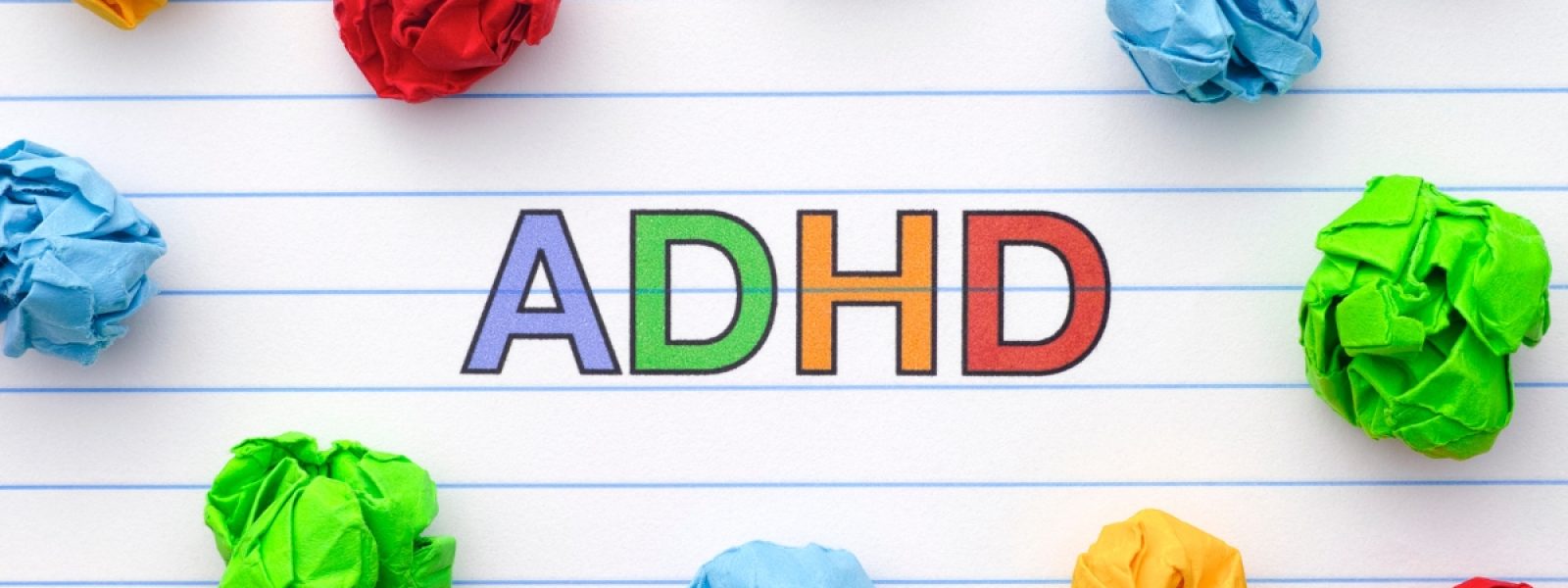Attention Deficit Hyperactivity Disorder (ADHD) is a neurodevelopmental disorder characterized by difficulties with attention, hyperactivity, and impulsivity. While ADHD can present challenges in various aspects of life, there are effective strategies and techniques that individuals with ADHD can use to improve focus and productivity. In this blog post, we will explore some practical tips for managing ADHD symptoms and enhancing daily functioning:
1. Establish a Structured Routine:
Creating a structured daily routine can provide a sense of stability and predictability, which is particularly beneficial for individuals with ADHD. Schedule specific times for tasks such as work, study, meals, exercise, and relaxation. Stick to your routine as much as possible, as consistency can help reduce impulsivity and improve time management skills.
2. Break Tasks into Manageable Steps:
Breaking down tasks into smaller, more manageable steps can make them feel less overwhelming and daunting. Use visual aids such as checklists or task boards to track your progress and stay organized. Celebrate small achievements along the way to maintain motivation and momentum.
3. Minimize Distractions:
Identify and minimize distractions in your environment to optimize your ability to focus. This may involve creating a dedicated workspace free from clutter, noise, and unnecessary stimuli. Consider using noise-cancelling headphones, installing website blockers, or setting boundaries with family members or roommates to minimize interruptions during work or study sessions.
4. Utilize Time Management Techniques:
Effective time management is essential for individuals with ADHD. Experiment with different time management techniques such as the Pomodoro Technique (working in short, focused bursts followed by brief breaks), time-blocking (allocating specific time slots for different tasks), or the two-minute rule (if a task takes less than two minutes to complete, do it immediately).
5. Incorporate Regular Exercise and Mindfulness Practices:
Physical exercise and mindfulness practices such as meditation, deep breathing exercises, or yoga can help reduce stress, improve concentration, and regulate emotions in individuals with ADHD. Make time for regular exercise and relaxation activities as part of your daily routine to support overall well-being and cognitive functioning.
Conclusion:
Living with ADHD presents unique challenges, but with the right strategies and support, individuals can effectively manage symptoms and thrive in their daily lives. By incorporating structured routines, breaking tasks into manageable steps, minimizing distractions, practicing effective time management, and prioritizing self-care activities, individuals with ADHD can enhance their focus, productivity, and overall quality of life.
If you or someone you know is struggling with ADHD symptoms, consider reaching out to a mental health professional for comprehensive assessment and personalized treatment recommendations. Remember that seeking help is a proactive step towards better understanding and managing ADHD, and you are not alone in your journey towards improved well-being.




